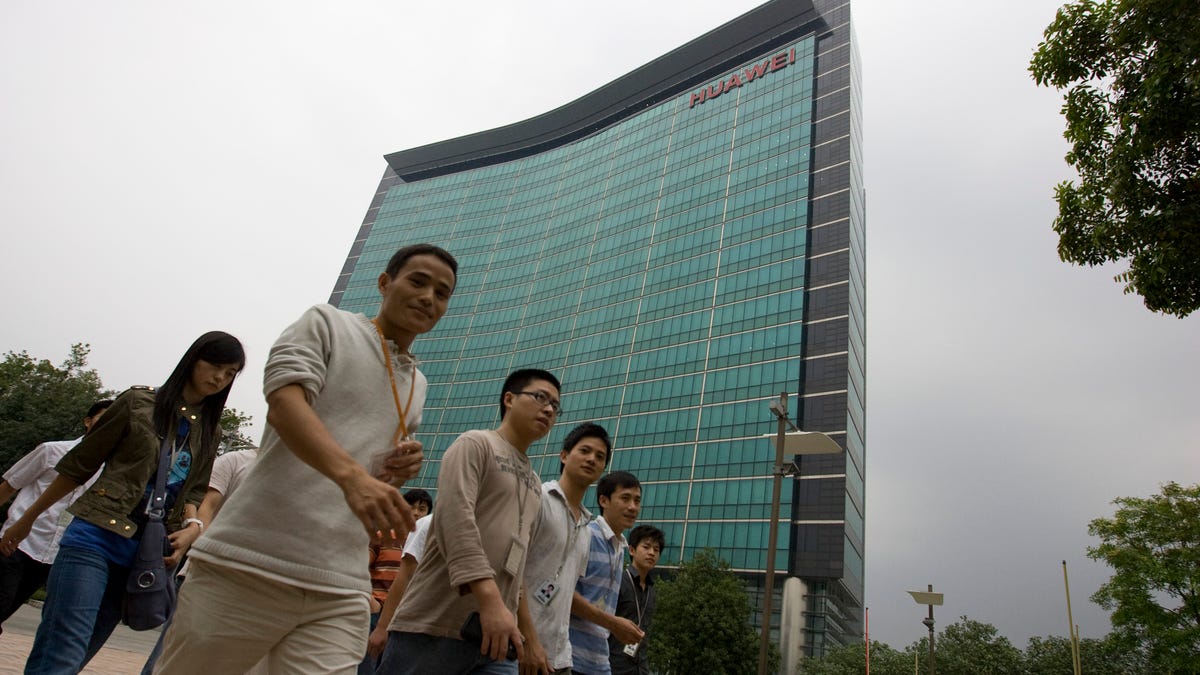Huawei to Australia: Give us a break
The company gripes to the Australian parliamentary intelligence committee that it was banned from the national broadband network project without being told why.

Huawei, the Chinese mobile company hoping to make its way to the U.S. and elsewhere, expressed disappointment with the Australian government today for not being included in the country's National Broadband Network.
Speaking before the Australian parliamentary intelligence committee, Huawei Australia chairman John Lord said that his company was "disappointed" to learn that it was blocked from participation in the country's $38 billion NBN project. According to Reuters, Lord claimed that Huawei was given no reason for its exclusion and no chance to address any concerns that might have arisen.
A big company -- it employs 140,000 people -- Huawei serves 45 out of the 50 top telecommunications operators and mobile networks in the world, offering everything from network solutions to security products.
See also: Inside Huawei, the Chinese tech giant that's rattling nerves in DC
But Huawei has come under fire in several countries as it attempts to expand its service. The company sat before the U.S. House Intelligence Committee yesterday to field questions from lawmakers over concerns that if it were allowed to operate in the U.S. and deliver its mobile networking gear and handsets to American consumers, it could secretly be working for the Chinese government.
"How will you deal with your Chinese government if they order you to give information about your customers in the United States?" C.A. Dutch Ruppersberger, (D-Md.), the ranking Democrat on the committee, asked Huawei Senior Vice President Charles Ding during the hearing. He was followed by several others who fretted about the company's ties with the government in Beijing.
Huawei has argued that it is independent of the Chinese government. Ding told the lawmaker, through an interpreter, that harming its networks "would be corporate suicide" and that the company would never do anything that would jeopardize its operation.
Australia hasn't been so convinced of that. After deciding to ban the company from its National Broadband Network, the country said that the move was "consistent with the government's practice of ensuring the security and resilience of Australia's critical infrastructure more broadly."
Huawei's plea, however, appears to have fallen on deaf ears, as Australian lawmakers stuck to their guns, according to Reuters.

